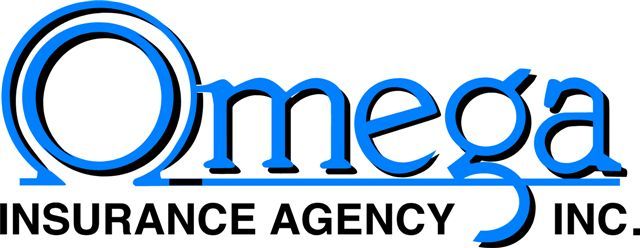Ricci Fish
Commercial Property Insurance: Protecting Your Business
Understanding Insurance Responsibility: Common Scenarios
Commercial property insurance is a critical safeguard for businesses, offering protection against unexpected property damage and liability concerns. When incidents occur between neighboring properties—like natural disasters, negligence, or unforeseen structural failures—determining liability can become complex. It's essential for business owners to understand how commercial insurance policies handle these situations to maintain financial stability.
Who is Responsible if a Tree Falls onto My Commercial Property?
If a tree from a neighboring property falls onto your commercial property due to natural causes such as a storm, wind, or lightning, your own commercial property insurance is typically responsible for the damage. However, if negligence is a factor—such as the tree being improperly maintained or diseased—the neighboring property owner's liability insurance may help cover the costs. This requires proving negligence, which can be challenging. It's important to note that most commercial policies do not cover tree removal unless the tree causes structural damage.
What If My Neighbor’s Property Causes Flooding on Mine?
Standard commercial property insurance does not cover flood damage, even if the water comes from a neighboring property. For protection, businesses need separate flood insurance. If the flooding is due to the neighbor's negligence, like failing to maintain drainage or neglecting a burst pipe, their liability insurance could cover the damages. Proving negligence is key here. Additionally, while most policies cover sudden pipe bursts on your insured property, damages from neglect, poor maintenance, or freezing without precautions are typically excluded. Sewer backups usually require an extra endorsement for coverage.
What Happens If a Fire from a Neighboring Property Spreads to Mine?
When fire spreads from a neighboring business to yours, your commercial property policy is generally the source of coverage for the damages. If the neighbor's negligence, such as fire code violations, contributed to the fire, their liability insurance might assist with covering some losses. However, proving liability is necessary for this to apply.
Who Pays for Debris Removal After a Disaster?
If a neighboring property is deemed liable for damage, their liability insurance may cover debris removal, but again, negligence must be proven. If your policy covers the damage, debris removal is typically included but may have coverage limits. If the damage event isn't covered, for instance, flood damage without flood insurance, debris removal will also likely be excluded.
Will My Insurance Cover Business Losses If I Have to Shut Down?
Business interruption insurance might cover lost income if your company is forced to close due to fire or storm damage, but only if the policy includes such coverage. Keep in mind that flood-related closures are not covered under standard business interruption policies unless caused by a peril covered within the policy. Understanding the intricacies of commercial insurance policies and their interaction with neighboring property claims is indispensable. Regularly review your policies, consider additional coverage options like flood insurance and business interruption insurance, and consult with an insurance professional to ensure you have comprehensive protection.

